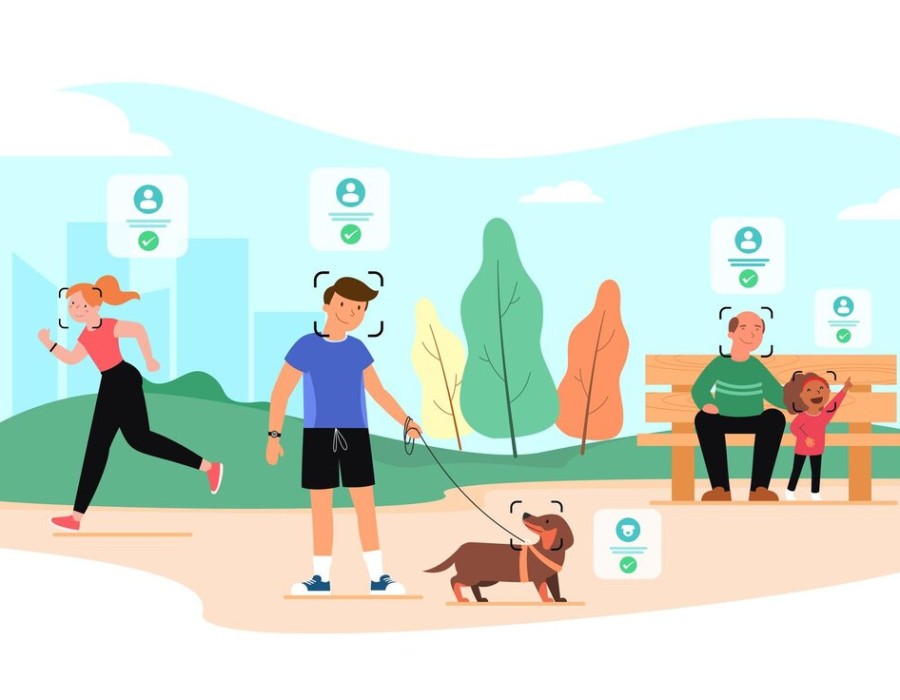In the digital age, pet care has evolved beyond the traditional methods. With the advent of technology, pet owners now have access to a plethora of resources right at their fingertips. One of the most revolutionary innovations in this space is the development of pet care apps. These applications serve as comprehensive platforms that cater to various aspects of pet ownership, from health management to socialization. In this article, we will explore the top features that every pet care app should include to provide optimal value to users.
1. User-Friendly Interface
The cornerstone of any successful app is its user interface. A pet care app should be intuitive and easy to navigate, even for users who may not be tech-savvy. Implementing a clean and visually appealing design with logical menu structures enhances the overall user experience. By prioritizing simplicity and functionality, pet owners can efficiently access the features they need without frustration.
2. Pet Profile Management
Central to a pet care app is the ability for users to create and manage profiles for their furry companions. This feature should allow pet owners to input crucial information such as breed, age, weight, and medical history. Additionally, integration with veterinary records enables seamless access to vaccination schedules, medication reminders, and past medical treatments. A comprehensive pet profile serves as a digital repository of essential information that aids in proactive pet care management.
3. Health Tracking and Reminders
Maintaining a pet's health requires diligence and organization. A robust pet care app should incorporate features for tracking various health metrics such as diet, exercise, and veterinary appointments. Customizable reminders for vaccinations, flea/tick treatments, and grooming appointments help pet owners stay on top of their pet's wellness needs. Furthermore, real-time monitoring of symptoms and behaviors can alert users to potential health issues, prompting timely intervention and veterinary consultation.
4. Nutrition and Diet Planning
Proper nutrition is paramount to a pet's overall health and well-being. A pet care app can offer personalized diet recommendations based on factors like age, weight, and dietary restrictions. Integration with nutritional databases allows users to access information about pet-friendly foods, portion sizes, and dietary supplements. Additionally, meal planning features enable pet owners to create balanced diet plans tailored to their pet's specific needs, promoting optimal nutrition and digestive health.
5. Activity Tracking and Exercise Plans
Regular exercise is essential for maintaining a pet's physical fitness and mental stimulation. A pet care app can include activity tracking functionalities to monitor daily exercise levels and set fitness goals. Interactive features such as activity challenges, virtual walks, and agility training tutorials engage users and encourage regular physical activity for their pets. Moreover, personalized exercise plans catered to individual pet profiles ensure that activity recommendations align with their breed, age, and energy levels.
6. Social Networking and Community Engagement
Pet ownership fosters a sense of camaraderie among enthusiasts. A pet care app can cultivate a vibrant community by facilitating social networking features where users can connect with other pet owners, share experiences, and seek advice. Forums, chat rooms, and virtual meetups create opportunities for meaningful interactions and knowledge exchange. Furthermore, user-generated content such as photos, videos, and pet stories enrich the community experience and strengthen bonds among members.
7. Emergency Assistance and Telemedicine
In times of crisis or medical emergencies, immediate access to professional assistance is crucial. A pet care app can offer emergency response features that provide guidance on first aid procedures and locate nearby veterinary clinics or animal hospitals. Integration with telemedicine services enables users to consult with veterinarians remotely, seeking advice or diagnosis for non-emergency situations. Timely access to professional guidance enhances peace of mind for pet owners and ensures prompt care for their beloved companions.
Conclusion
In conclusion, the development of pet care apps has revolutionized the way pet owners manage and nurture their furry friends. By incorporating the aforementioned features, pet care apps can provide comprehensive support for various aspects of pet ownership, from health management to social engagement. With a user-friendly interface, robust pet profiles, health tracking capabilities, nutrition planning tools, exercise programs, community networking, and emergency assistance services, these apps empower pet owners to provide optimal care for their beloved companions. Embracing technology in pet care not only enhances efficiency and convenience but also strengthens the bond between pets and their human caregivers.





Comments